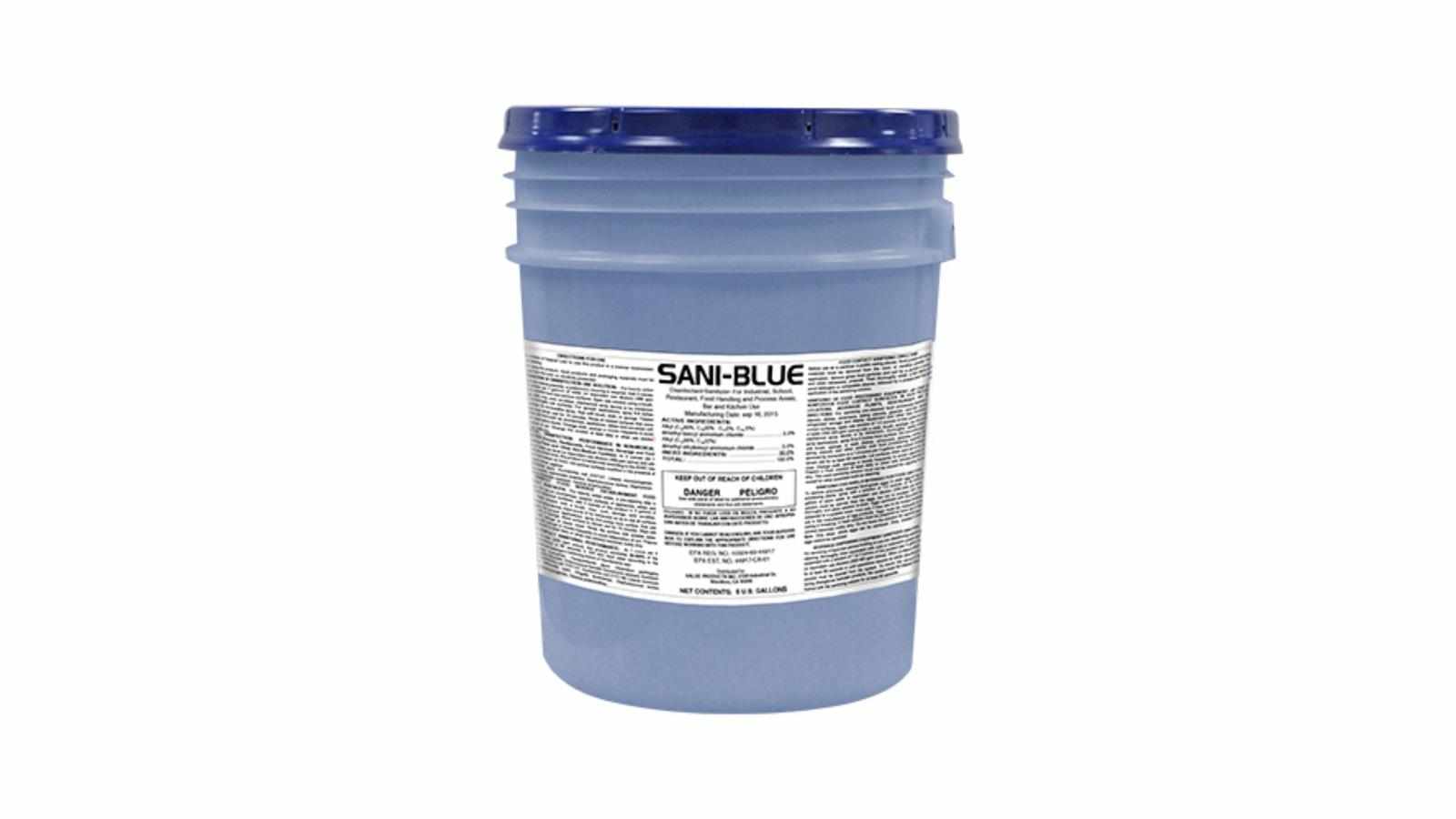
Poor cleaning in food and beverage plants can lead to product contamination and costly recalls. Maintaining hygiene is essential for safety and quality. One effective way to keep equipment spotless is by using a CIP cleaner—a tool that ensures thorough cleaning without disassembly.
What Is a CIP Cleaner?
CIP cleaner stands for Clean-In-Place cleaner. It is a chemical solution used to clean the inside surfaces of pipes, tanks, and processing equipment automatically. This system cleans without needing to take machines apart, saving time and reducing the chance of errors during reassembly.
Why Hygiene Matters in Food and Beverage Processing
Food and beverage processing requires strict hygiene standards. Leftover residues from ingredients can spoil products or promote bacterial growth. Contaminants can cause health risks for consumers and damage a company’s reputation.
Using a CIP cleaner ensures all equipment surfaces are cleaned effectively. This reduces the risk of contamination and helps comply with health regulations.
How CIP Cleaners Work
CIP cleaners circulate through the equipment, removing soils like fats, proteins, sugars, and minerals. The process involves several stages: rinsing, applying the cleaning solution, rinsing again, and sometimes sanitizing. This cycle cleans complex systems where manual scrubbing is difficult.
The chemical formulation of CIP cleaners breaks down stubborn deposits without damaging sensitive equipment. This keeps machines running smoothly and hygienically.
Benefits of Using CIP Cleaners in Processing Plants
One major advantage of a CIP cleaner is saving labor. Since machines don’t need to be disassembled, cleaning times shorten significantly. This also reduces downtime, helping production stay on schedule.
In addition, automated cleaning reduces human error. Machines are cleaned consistently with the same cycle, leading to more reliable hygiene. This consistency is essential for meeting food safety standards.
Types of Soils Removed by CIP Cleaners
Food processing equipment faces many different types of soils that must be removed to maintain hygiene. Some common soils include:
Protein and fat residues often found in dairy plants
Sugar and yeast build-up common in breweries
Blood, fat, and protein deposits in meat processing
Acidic or flavoring residues in beverage production
A high-quality CIP cleaner is formulated to tackle this wide range of soils efficiently. This versatility allows it to be used across multiple food and beverage production lines, ensuring equipment stays clean and safe, no matter the specific challenges posed by different types of soil.
Environmental and Safety Considerations
Using CIP cleaners can also reduce water and chemical waste. Automated systems control the amount of cleaning agents and water used, leading to more sustainable operations.
Workers face less exposure to harsh chemicals because cleaning is automated. This improves workplace safety and lowers the risk of accidents related to manual cleaning.
Choosing the Right CIP Cleaner
Selecting the right CIP cleaner is essential for effective and safe cleaning. Different types of soils require specific cleaning agents. For example, some cleaners are formulated to break down organic residues like fats, proteins, and sugars commonly found in food processing. Others target mineral deposits such as scale or rust, which may build up inside pipes and tanks over time. Additionally, the materials used in the equipment—such as stainless steel, plastic, or rubber seals—affect which cleaner is suitable.
Using the wrong chemical can cause damage or reduce cleaning efficiency. Consulting with cleaning chemical experts helps identify the ideal CIP cleaner tailored to your specific soils and equipment. This ensures optimal cleaning performance while protecting machinery and maintaining hygiene standards.
Enhancing Cleaning with Acid-Based Solutions
In some cases, mineral deposits such as scale require stronger chemicals. Acid-based cleaners, like a nitric phosphoric acid cleaner, can dissolve these stubborn deposits. These cleaners are often used alongside general-purpose CIP cleaners to maintain equipment efficiently.
Takeaways
In food and beverage processing, maintaining hygiene is non-negotiable. A CIP cleaner provides an automated, consistent, and effective cleaning solution that helps keep equipment safe and contamination-free. The benefits include reduced labor, less downtime, and improved safety.
To handle tough mineral deposits, combining a nitric phosphoric acid cleaner with other cleaning agents offers a strong defense against build-up. This combination supports high hygiene standards and smooth production in food and beverage facilities.


Write a comment ...